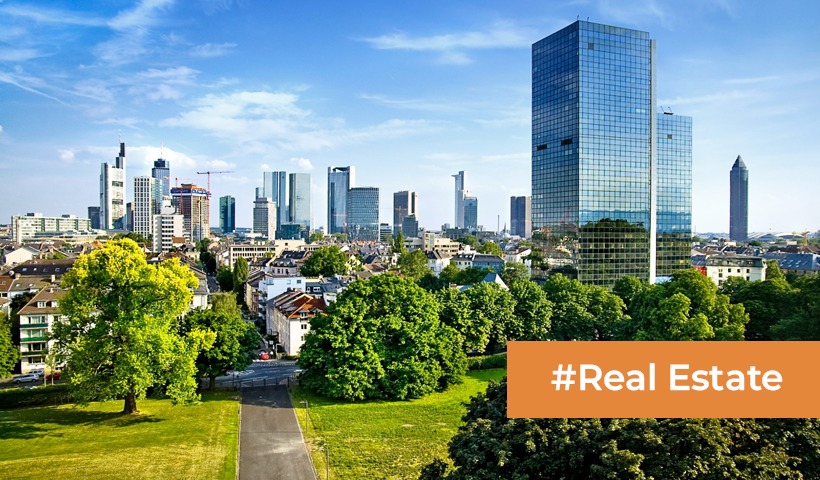Climate Change’s Growing Effects on the Real Estate Market!
Climate change is an ever-escalating global challenge that has far-reaching implications for various industries, including real estate. As extreme weather events become more frequent and sea levels continue to rise, the real estate sector is experiencing a significant impact, with potential consequences for property values, construction practices, and urban planning. Let’s delve into the growing influence of climate change on the real estate industry:
Increased Risk of Property Damage:
One of the most evident effects of climate change on real estate is the heightened risk of property damage caused by extreme weather events such as hurricanes, floods, wildfires, and storms. Properties located in vulnerable coastal areas and flood-prone regions face a higher likelihood of damage and devaluation due to rising sea levels and more intense rainfall events.
Rising Insurance Costs:
As the frequency and severity of natural disasters escalate, insurance companies are compelled to increase premiums for properties in high-risk areas. For property owners, this translates to higher costs for coverage, making it financially challenging to maintain or acquire real estate in regions prone to climate-related hazards.
Shift in Property Values:
Climate change can bring about a shift in property values, with buyers and investors favoring locations that are less susceptible to climate-related risks. Coastal properties, once highly desirable, may experience a decline in demand, while properties in safer, inland regions with a lower risk of extreme weather may see an increase in value.
Impact on Infrastructure:
Climate change can adversely affect existing infrastructure, including roads, bridges, and utility systems, which are essential for the functionality of a real estate market. As extreme weather events damage or disrupt infrastructure, property access and services can be compromised, leading to potential decreases in property values.
Influence on Construction Practices:
The real estate industry is increasingly incorporating climate-resilient and sustainable construction practices to adapt to changing climate conditions. Building designs now focus on energy efficiency, flood-resistant features, and the use of materials that can withstand extreme weather events. Green building certifications, such as LEED, have gained prominence as developers seek to reduce the carbon footprint of their projects.
Altered Urban Planning:
Climate change also influences urban planning, as cities must adapt to mitigate risks and enhance resilience. City authorities are implementing measures such as creating green spaces to manage stormwater, designing buildings with natural ventilation to reduce energy consumption, and enforcing zoning regulations to prevent construction in high-risk areas.
Financing and Lending Concerns:
Financial institutions and lenders are taking climate change risks into account when evaluating real estate projects and investments. Properties in high-risk areas may face challenges in obtaining financing, while those incorporating climate resilience measures may be more attractive to lenders.
In conclusion, the impact of climate change on the real estate sector is undeniable and multifaceted. As extreme weather events intensify and sea levels rise, the industry is confronted with new challenges, including property damage, rising insurance costs, shifting property values, and the need for resilient construction and urban planning. By acknowledging and addressing these challenges, the real estate sector can proactively adapt to a changing climate and promote sustainable and climate-resilient practices for the future.
Disclaimer: The views expressed above are for informational purposes only based on industry reports and related news stories. PropertyPistol does not guarantee the accuracy, completeness, or reliability of the information and shall not be held responsible for any action taken based on the published information.




